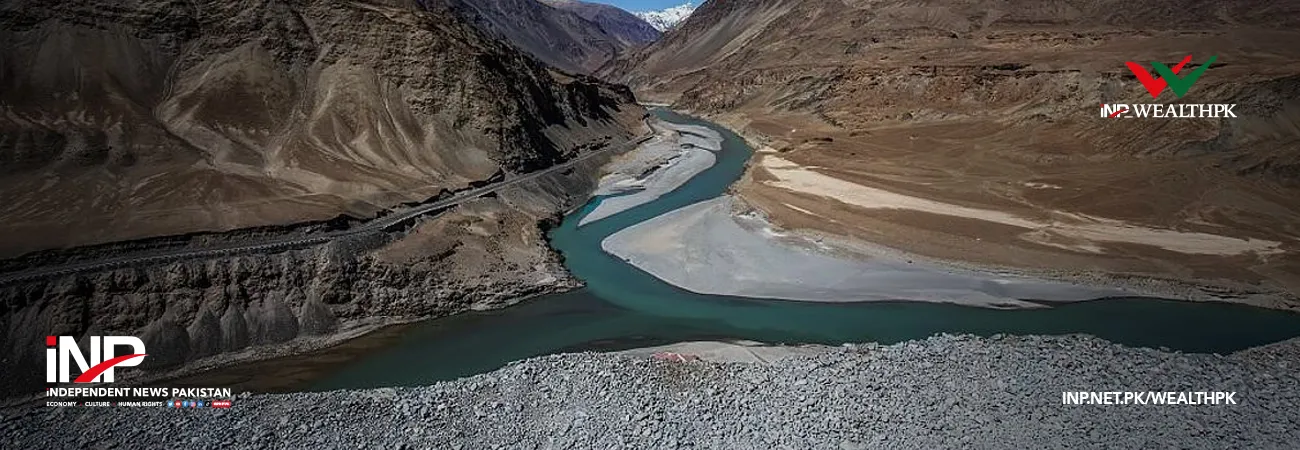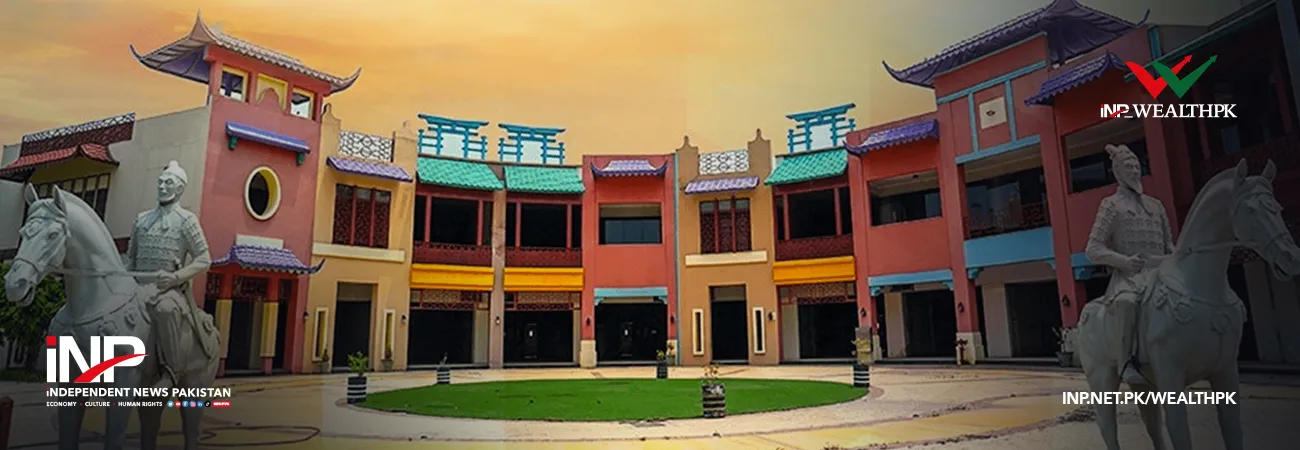INP-WealthPk
Ayesha Saba
Pakistan needs upgradation of the conventional power grid to address problems like load-shedding, electricity theft, limited electrification, transmission and distribution losses, says a senior official.“The current era necessitates the use of innovative technologies to mitigate the intermittencies connected with renewable energy sources. Underinvestment and outdated transmission and distribution (T&D) cause significant losses to the entire system,” said Syed Mujahid Shah, Senior Electrical Engineer at National Engineering Services Pakistan (NESPAK), while talking to WealthPK.
He said smart grid technology is needed to meet the ever-increasing energy demand of the country. “The smart grid itself does not necessarily reduce T&D losses, but it helps in the identification of fault locations. It is capable of communicating the factors that are contributing to losses and accordingly, the utilities can take appropriate action that further reduces T&D losses,” he said.
Mujahid said Pakistan being an energy-deficient country has recently introduced some new policies such as Energy Wheeling Policy (EWP), Energy Import Policy (EIP), and Net Metering/Distributed Generation Policy (NMP) to manage the electricity demand effectively. In addition, the Energy Efficiency and Conservation Act (EECA) has also been introduced.
However, he said, Pakistan is experiencing many challenges to fully implement these smart energy policies. Some of these challenges include the lack of initial capital amount to construct new renewable energy generation plants at the government level, lack of proper infrastructure for energy wheeling to long distances, and the lack of awareness among the public about the importance of these policies for their economic gain.
A spokesperson for National Transmission and Dispatch Company (NTDC) told WealthPK that smart grid implementation in Pakistan is not a one-time project but needs extensive planning. “An implementation plan for 2030 is proposed, which is divided into two stages of development. Working on this technology has been under process since 2017, and is still in the early stages of development,” he said.
“Over the last five years, distribution losses have consistently decreased because of the collaborative efforts of the NTDC and power distribution companies,” said the spokesperson. The government has introduced smart energy meters at the domestic level in some cities with the collaboration of the United States Agency for International Development (USAID) to reduce the electricity losses.
“Governments of both emerging and underdeveloped nations worldwide are increasingly viewing smart grid technology as a strategic infrastructural investment that will sustain their long-term economic prosperity and help them achieve their carbon emission reduction targets,” he said.
The spokesperson said Pakistan’s growing population poses a threat to the current grid, as the transmission infrastructure has not been modernised to meet the country’s electricity needs. “Moving to a smart grid is a realistic choice for Pakistan, as it encourages increased use of renewable energy sources in the power-generation mix,” he stated.
Credit: Independent News Pakistan-WealthPk













